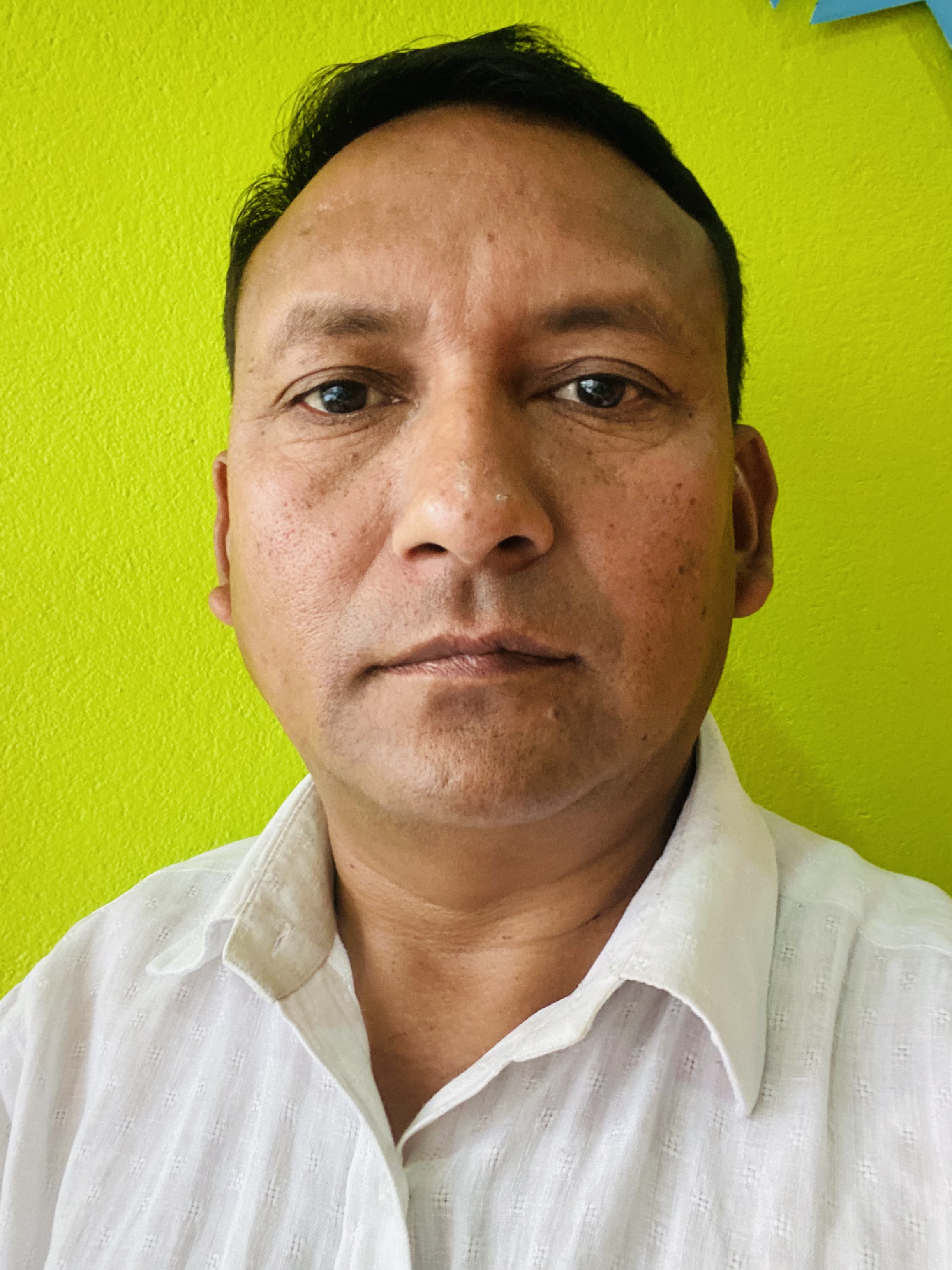Columns
Caste in the diaspora
In this age of international migration, caste has become a worldwide phenomenon.
Mitra Pariyar
Early September this year, in an unprecedented move for any Western country, California’s State Legislature passed a bill against caste discrimination. After it is signed into law by Governor Gavin Newsom, no Indian, Nepali or other South Asian will be allowed to exclude and abuse their fellow countrymen based on caste with impunity. Bravo to the California lawmakers for responding to the clamour of overseas Dalits for justice and equality in their destination country against the enormous pressure from dominant high-caste South Asians in the community.
The California legislation against caste will not only protect the rights of minorities within minority groups in the state, but also hopefully encourage other states in the United States and the federal government—as well as other Western nations that have significant numbers of South Asian populations—to take the hidden but pervasive problem of caste in South Asian communities more seriously, and to take similar measures to make sure all people residing on their land are able to live a life of dignity and equality. Migrant Dalits have endured the double whammy of racial and caste discrimination for too long.
England and Australia
Living in England and Australia for several years, I have personally suffered certain overt or covert forms of caste discrimination within the Nepali diaspora community. Being name-called or ridiculed or refused rental properties by fellow Nepalis based on my surname was commonplace. But the most frustrating part was silence all around. Diaspora organisations like the Non-Resident Nepali Association pretended not to have seen the problem. The mainstream British/Australian community was practically unaware of what was going on amongst Nepalis; and even if I tried to take the abusers to court, the law did not even mention the word “caste”. How depressing!
Much of my academic work at Oxford, Macquarie and Kingston universities focused on the reproduction and institutionalisation of diasporic caste among South Asian migrants, particularly Nepalis. I found that hundreds of thousands of people living in the United Kingdom and Australia, and who were socially in my position, suffered in silence.
Few Nepalis in the town of Aldershot, for example, would rent properties to “low-caste” countrymen. Caste discrimination in this large Nepali/Gurkha settlement is almost as frequent and visible as in Nepali towns. I do not mean to say that caste bites in the diaspora as hard as at home, but Nepalis everywhere stick to at least some fundamental principles of caste in certain areas such as marriage, commensality and religious worship.
Part of the reason for the persistent exclusion and humiliation of Dalits overseas is religious beliefs and cultural practices. Nepalis are a deeply religious and/or spiritual people who literally converse with their divinities. People are always under pressure to maintain harmony with their ancestral spirits and domestic gods, lest the deities become offended and potentially cause death and destruction to the living. This fear of the supernatural makes many Nepalis stick to the social norm based on caste hierarchy.
Any anthropologist would, therefore, tell you that there is no easy solution to the problem of caste discrimination. Creating conditions where the state laws supersede religious laws is a most effective method of containing caste, but, as stated earlier, there is no law against caste oppression in many Western and other countries. There was no need, of course, in the past as caste was an alien concept there; but that is no longer the case. South Asian migrants and their descendants have infused British, American, Australian, European and East Asian countries with much casteism.
Indian Dalits from both Hindu and Sikh communities in Britain have fought long and hard to outlaw caste. Campaign groups like Caste Watch UK and International Dalit Solidarity Network organised street protests and lobbied with politicians demanding a separate law against caste.
As a result, the UK media and Parliament debated the issue of caste quite extensively in the early 2010s. On every platform, Hindu community leaders from the dominant castes either denied the existence of the problem or downplayed its significance. They always implied that caste was an element of their religious and cultural right which no outsiders should touch.
In April 2013, the British Parliament amended the Equality Act 2010 whose section 9 mandates the government to introduce a secondary legislation defining caste as a form of race. This would give Dalits extra protection from discrimination. But, thus far, the governments have not acted on it.
I believe once California outlaws caste discrimination for good, Dalit activists in Britain will be encouraged to once again take to the streets and demand caste legislation even more forcefully. And, hopefully, Dalits suffering silently in European, Asian and African countries too may be inclined to speak out.
The California caste legislation is also important in the sense that it will potentially inspire governments and policymakers in other US states and other countries to give more consideration to the hidden problem of caste in their own territories. Media houses and academic researchers may also take a greater interest in the controversial issue of caste amongst migrant communities, even though the high-caste elites there would do their best to avert any interest on the sacrosanct topic.
In this age of international migration, caste has become a worldwide phenomenon. So it requires a worldwide debate, and a global effort to contain its negative influences. This will be critical for resolving the longstanding problem of caste discrimination in South Asia itself.
Desired consequences
Perhaps Western diplomats working in a country like mine find themselves in an awkward position. Here they try and invest in projects that promote ethnic diversity and caste equality, and human rights for all. But then caste has been left unchecked in their own countries. The irony cannot be overstated.
The road to the global fight against caste will open once we recognise caste discrimination as a form of racial discrimination—as stipulated by the UK Equality Act. In this regard, India has stood in the way. It has persistently blocked the United Nations proposal to identity caste as a form of race. The fight is going to get tougher as India rises up as a global power.
When many Western nations outlaw caste discrimination—as Californians are about to do—India will feel the moral pressure to do what is right: Allow caste to be described in international legislation as a form of race. This will be the beginning of a new era of a new struggle to liberate millions of so-called low-caste people suffering the worst form of indignity and inhumanity purely due to their birth into certain families with certain surnames.




 20.9°C Kathmandu
20.9°C Kathmandu















